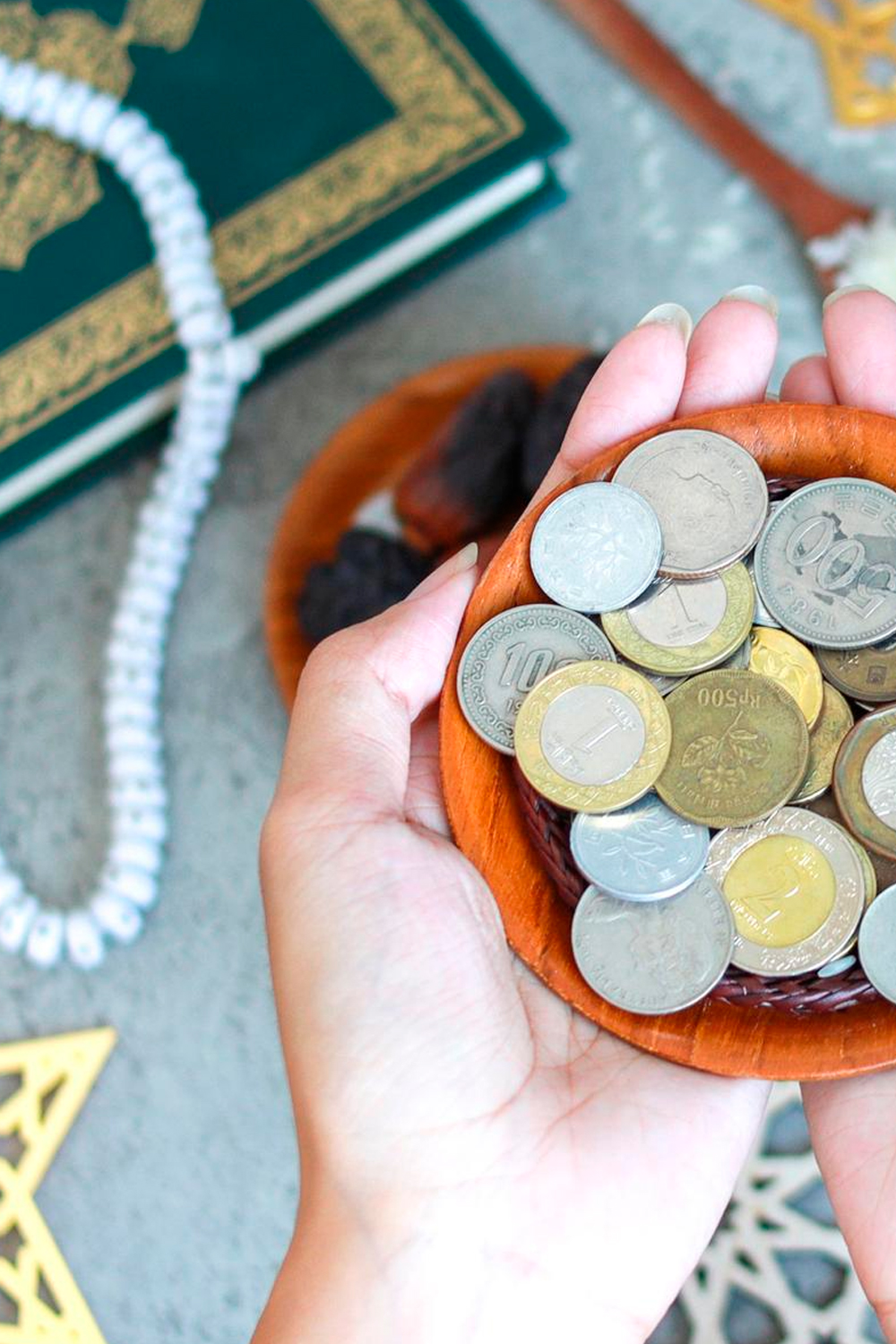

Every Muslim who has reached the age of puberty and is of sound mind is required to pay Zakat, provided they meet the necessary Nisab threshold.
Nisab refers to the minimum amount of wealth one must possess in order to be eligible to pay Zakat. It is equivalent to the value of 87.48g of pure gold or 612.36g of silver. Most scholars prefer using the silver value as it allows more people to contribute to Zakat, increasing the number of beneficiaries. To be eligible, your wealth must exceed the Nisab value and remain above this threshold for a full lunar year, at which point your Zakat payment becomes due.
Support our Zakat Fund today to help us extend our reach and assist even more people in need around the world.
It is mentioned in the Qur'an:
"Establish prayer and give zakat, and whatever good you put forward for yourselves, you will find it with Allah. Surely Allah sees what you do."
Qur'an 2:110
Q. Who must pay Zakat?
A. Muslims past the age of puberty and are of sound mind are eligible to pay Zakat as long as they meet the required Nisab threshold.In order to be eligible to pay Zakat, your level of excess wealth must remain higher than the Nisab value for a full year. This is when your Zakat payment will be due.
Q. What type of wealth is Zakat due on?
A. Zakat is due on:
Gold and silver, including ornaments or jewellery containing gold and/or silver.
Cash held at home or in bank accounts.
Stocks and shares owned either directly or through investment funds.
Money lent to others.
Business stock in trade and merchandise.
Agricultural produce.
Livestock animals such as cows, goats and sheep.
Pensions.
Property owned for investment purposes.
Q. When should I pay my Zakat?
A. Zakat is due a year after your level of personal wealth has reached the Nisab threshold. In order to remain eligible to pay Zakat, your level of excess wealth should remain higher than the Nisab for a full lunar year.
For example, if your level of expendable wealth exceeds the total Nisab value in the month of Ramadan, your payment will not be due until the following Ramadan, so long as your personal wealth remains above the threshold.
If at any time your wealth drops below the level of Nisab, you would cease being eligible to give Zakat. Once your wealth increases to the Nisab level, you would begin counting 12 lunar months from that point onwards.
Q. Can I pay my Zakat in instalments?
A. Zakat can be paid in monthly instalments. To do this, divide the total amount of Zakat owed by 12 and set up a regular payment with Qadria Trust specifying Zakat as the type of donation.
Q. Who can receive Zakat?
A. There are eight categories as outlined in the Qur’an:
The poor, those in debt, the wayfarer, those in the cause of Allah (SWT), the needy, those whose hearts are to be reconciled, to free those in captivity and those who collect and distribute Zakat payments.
Q. Should I pay for my missed Zakat?
A. If you have not paid Zakat from previous years in which you were eligible to do so, you must pay what you owe as soon as possible. Missed Zakat would be calculated in the same way you calculate your current Zakat – however, you would use the Nisab value from the missed Zakat year, as opposed to the current Nisab value.